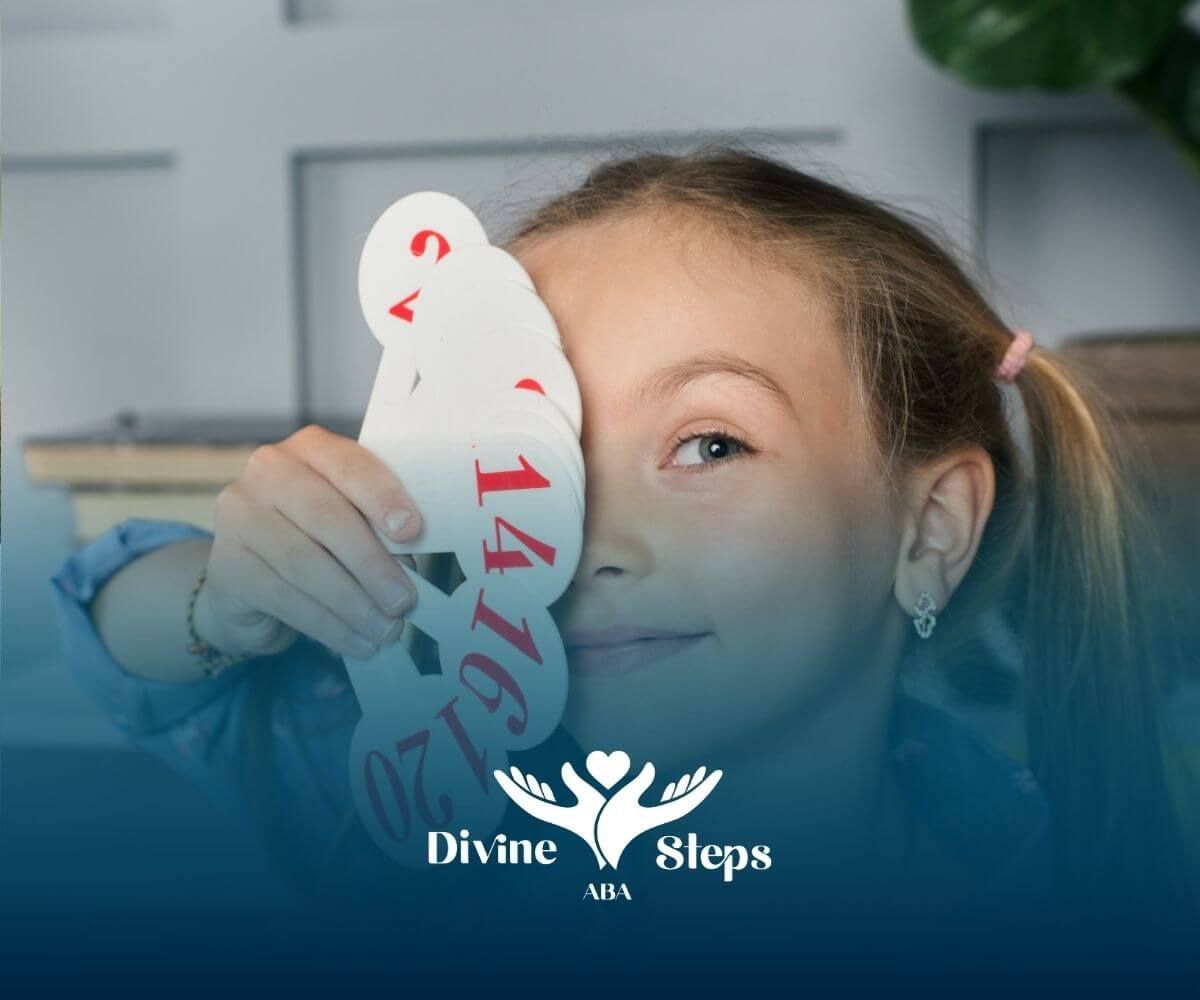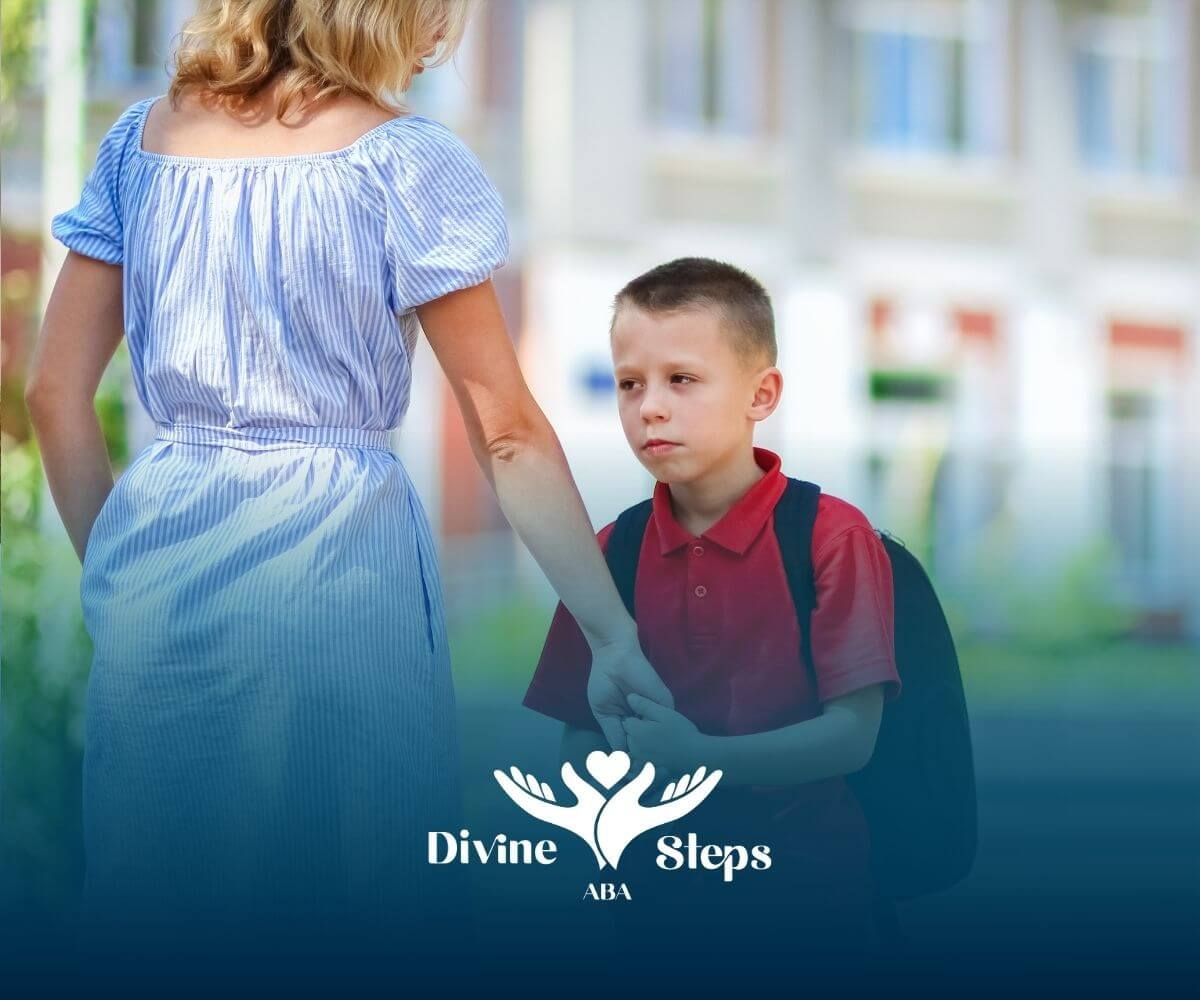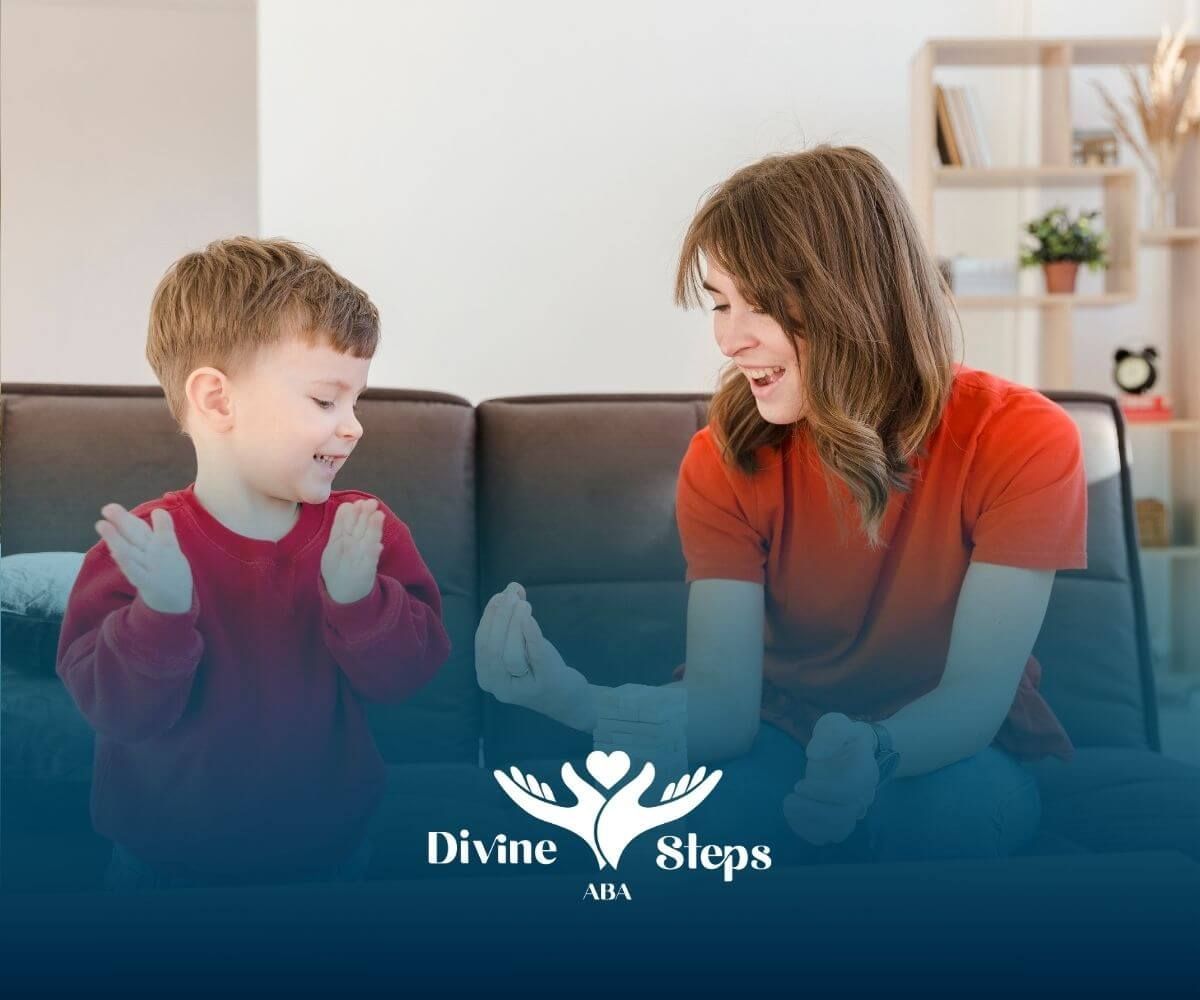Website by CWS
Winter Wonders: 12 Sensory-Friendly Winter Activities for Children with Autism
Winter can be challenging for families of children with autism, especially when it’s too cold to go outside and burn off energy.
However, there are many winter activities for autism that are both fun and beneficial. These activities can help children with autism stay active, develop new skills, and engage their senses during the colder months.
Check out these creative and sensory-friendly winter activities that are perfect for children with autism!
1. Sensory-Friendly Winter Crafts
Crafting is a fantastic way to engage children with autism in a fun, hands-on way. Winter crafts for children with autism can help improve fine motor skills while providing sensory stimulation. Some ideas include:
- Snowman painting: Use cotton balls, glitter, and buttons to create a sensory-friendly snowman craft.
- Salt dough ornaments: Craft holiday ornaments using a simple salt dough recipe, which helps with sensory exploration.
- Snow sensory bins: Fill a bin with fake snow or rice, adding small winter-themed toys like penguins or snowflakes to enhance tactile experiences.
2. Indoor Snowball Fight
An indoor snowball fight can be a great sensory activity for children with autism. Instead of using hard snowballs, use soft cotton balls or crumpled paper.
This allows your child to practice social skills, such as turn-taking and sharing, while engaging in active play that doesn’t require going outside in the cold. This indoor winter activity promotes physical movement and fun interaction.
3. Winter-Themed Obstacle Course
Creating a winter-themed obstacle course indoors is a great way for children with autism to burn off energy.
Use cushions, blankets, and furniture to build an obstacle course that encourages motor skill development and sensory play.
Activities like crawling under tables, jumping over pillows, or "sledding" down a soft ramp help with coordination, motor planning, and problem-solving.
4. Winter Sensory Bin Play
Sensory bins are an excellent way for children with autism to explore different textures. Create a winter-themed sensory bin filled with fake snow, cotton balls, ice cubes, or even winter-themed toys like miniature snowmen or reindeer.
This sensory play helps children develop fine motor skills, focus, and sensory processing abilities in a calming, fun environment.
5. Winter-Themed Storytime
Reading winter-themed books is a cozy and engaging way to spend time together indoors. Winter storytime can include books that feature snow, winter animals, or holiday celebrations.
Choose books with bright pictures and simple language to keep your child engaged. This activity not only fosters a love of reading but also helps children with autism improve their language and social skills.
6. Baking Holiday Treats Together
Baking holiday treats is a fun and sensory-rich activity for children with autism.
The different smells, textures, and colors can provide sensory stimulation while encouraging them to practice skills like measuring, stirring, and decorating.
Make cookies, cupcakes, or simple holiday treats together to help your child practice fine motor skills and learn patience.
7. Building an Indoor Fort
Building a fort is a simple yet effective way to create a cozy, safe space for children with autism.
Indoor winter forts made from blankets, pillows, and furniture can be a sensory-friendly retreat for reading, quiet time, or even sensory exploration.
Forts help children feel secure and calm, providing a comfortable environment to unwind and reduce stress during the winter months.
8. Winter Music & Dance Party
Music is often an enjoyable sensory experience for children with autism.
A winter-themed music and dance party is a great way to have fun and stay active indoors. Create a playlist with winter songs and encourage your child to dance, clap, or play along with instruments.
This activity helps with rhythm, coordination, and motor development, while also being a fun social interaction.
9. Nature Walks (Bundled Up)
If the weather permits, take a nature walk during the winter months. Winter walks offer a sensory experience as children with autism can explore the changes in nature. They can observe the snowy landscape, listen to winter sounds, or feel the crunch of snow underfoot.
Bundling up and enjoying nature helps children with autism connect with the outdoors while developing sensory awareness.
10. Winter-Themed Puzzles and Games
Engaging in winter-themed puzzles or board games can be a calming and entertaining way to spend time indoors. Choose winter puzzles with bright, appealing images or tactile pieces that encourage interaction.
These games can help children with autism develop problem-solving skills, improve focus, and practice turn-taking, making them an ideal choice for quiet play.
11. DIY Snow Globes
Creating DIY snow globes is a fun, sensory-friendly winter activity for children with autism. Fill a jar with water, glitter, and small winter-themed items like mini snowmen or pine trees.
When the child shakes the globe, they can watch the “snow” fall. This simple craft activity provides visual stimulation, fine motor practice, and creativity—all while having fun!
12. Snow Play (Outside or Indoors)
If you're lucky enough to have snow, outdoor snow play is one of the best winter activities for children with autism.
Playing outside can offer sensory benefits, from feeling the cold snow to building snowmen or snow angels.
If you're in a warmer climate, create your own sensory snow experience indoors using materials like baking soda and conditioner, which gives a snow-like texture for kids to explore.
Winter doesn’t have to be a dull or overwhelming time for children with autism. With the right activities, it can be an opportunity for growth, learning, and fun!
Whether you’re crafting, engaging in sensory play, or enjoying some active winter-themed games, there are endless ways to make the season enjoyable and enriching for your child.
At Divine Steps Therapy, we understand the unique needs of children with autism and are committed to providing personalized ABA therapy that helps them thrive in every season.
Our in-home ABA therapy and school-based ABA therapy services in Maryland, Virginia, and North Carolina are designed to support your child in a nurturing, positive environment.
If you’re ready to explore how ABA therapy can help your child develop new skills and enhance their quality of life, reach out to us today! Learn more about our services and discover how we can support your child’s journey toward success.
FAQs
What are the benefits of winter activities for children with autism?
Winter activities for children with autism provide an excellent opportunity for sensory exploration, motor skill development, and social interaction. These activities can help children learn to manage sensory overload, improve focus, and build coping skills in a structured, enjoyable way.
How can ABA therapy support children with autism during winter?
ABA therapy can be tailored to include winter-themed activities that are sensory-friendly and engaging. Through personalized interventions, children with autism can work on social skills, motor coordination, and emotional regulation—skills that can enhance their experience during the colder months.
What types of winter activities are best for children with autism?
Winter activities such as sensory play, indoor snowball fights, building forts, and creative crafts are ideal for children with autism. These activities engage their senses, promote physical activity, and help develop important skills in a calming, enjoyable environment.
Can ABA therapy help children with autism adjust to seasonal changes?
Yes! ABA therapy can help children with autism develop routines and coping strategies for seasonal changes. By using structured approaches and activities like winter-themed games, children can learn to adapt to different environments and reduce stress or anxiety related to transitions.




